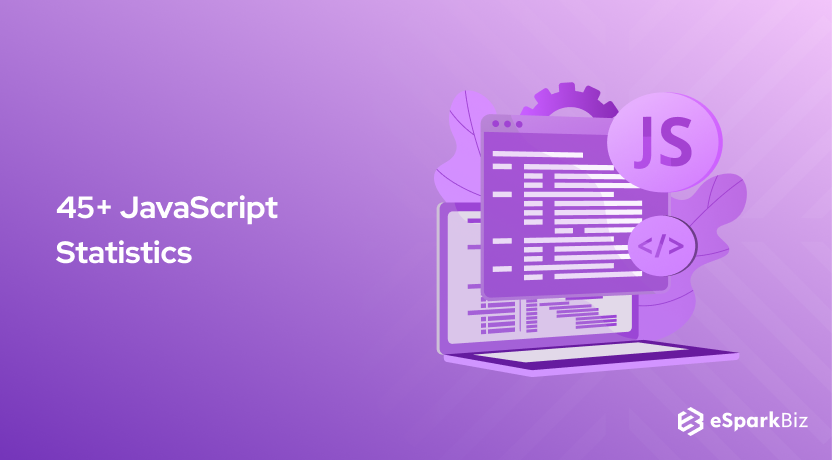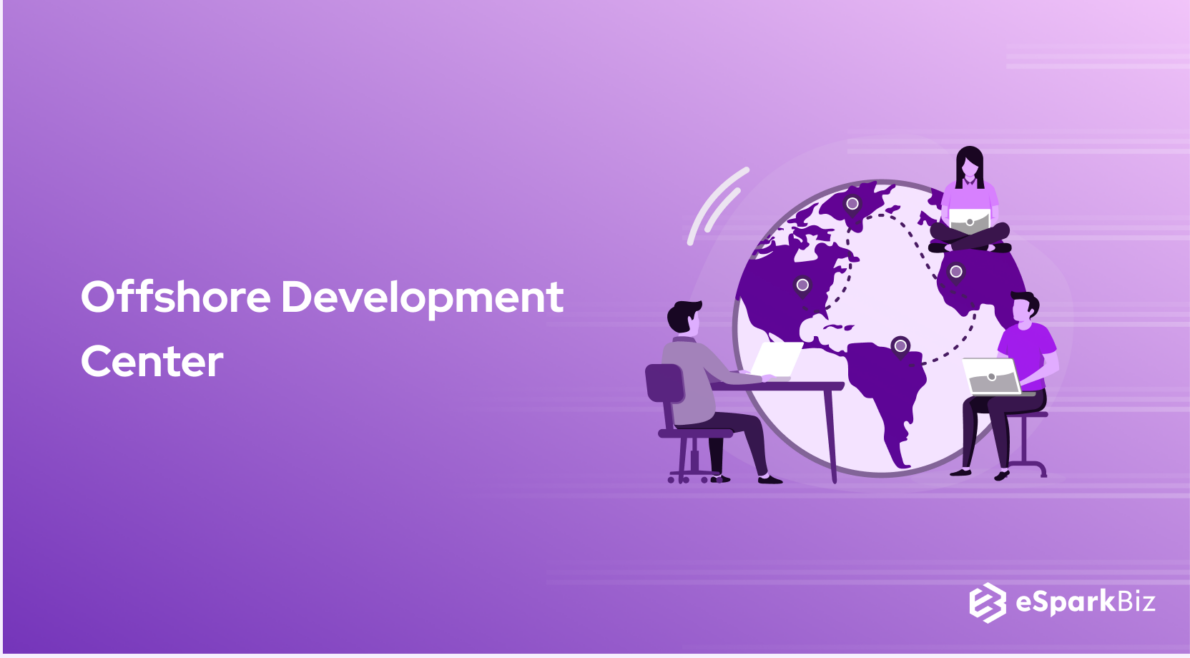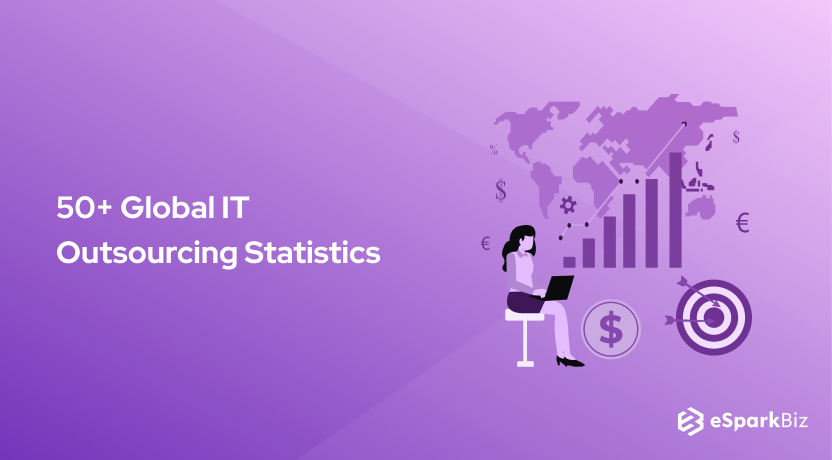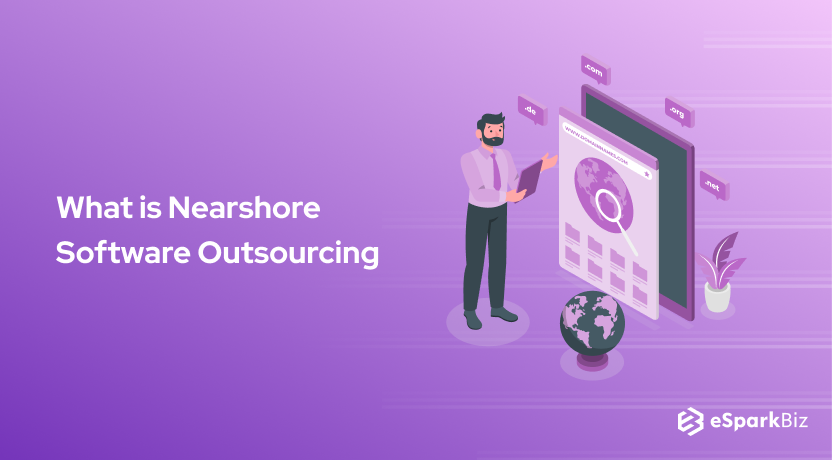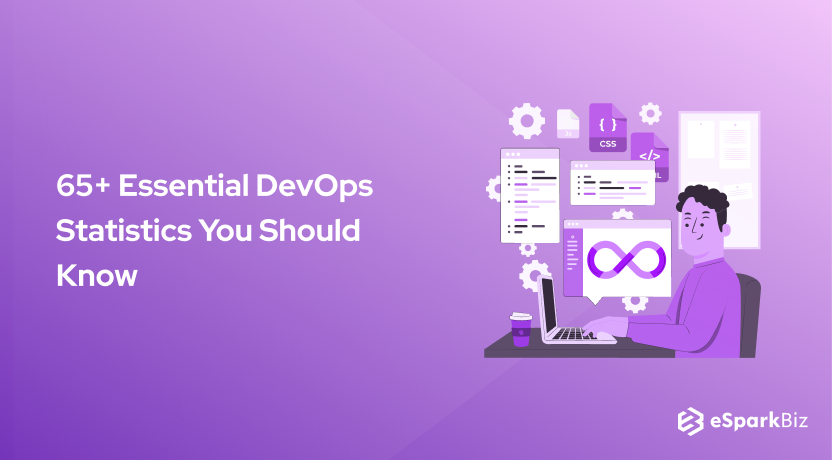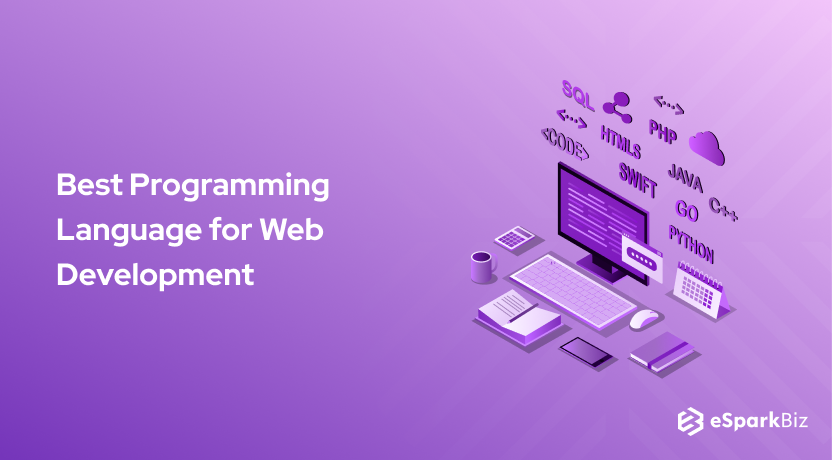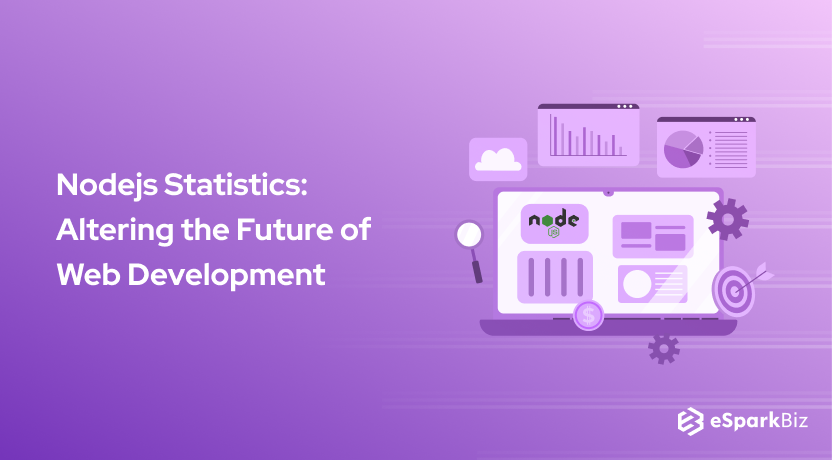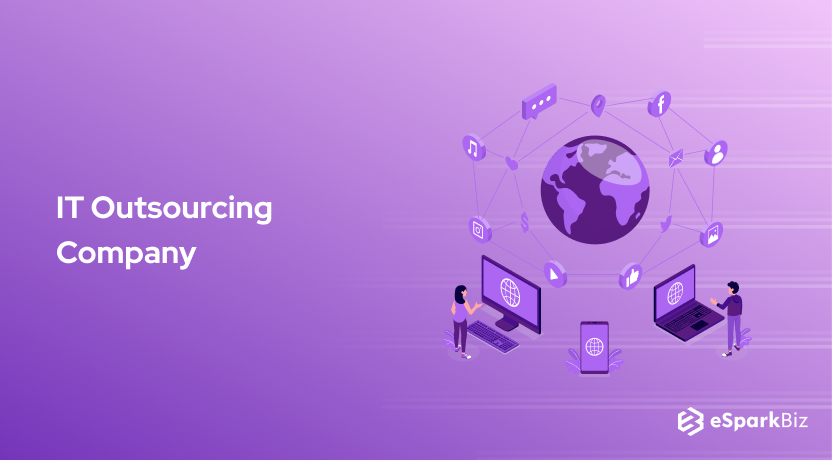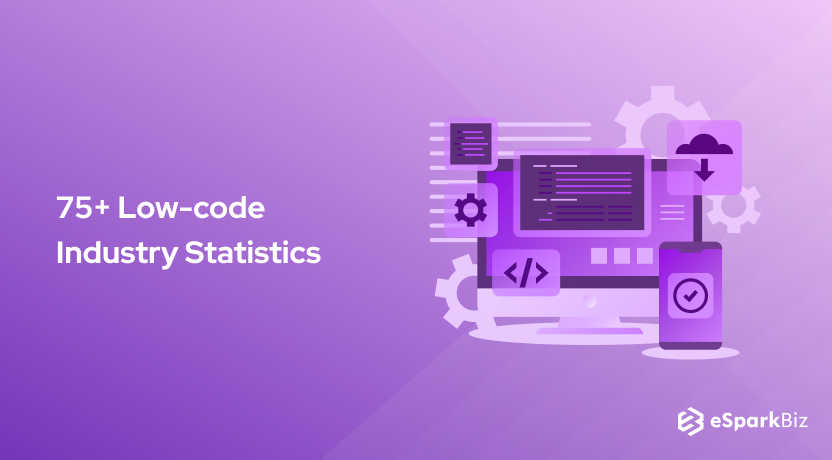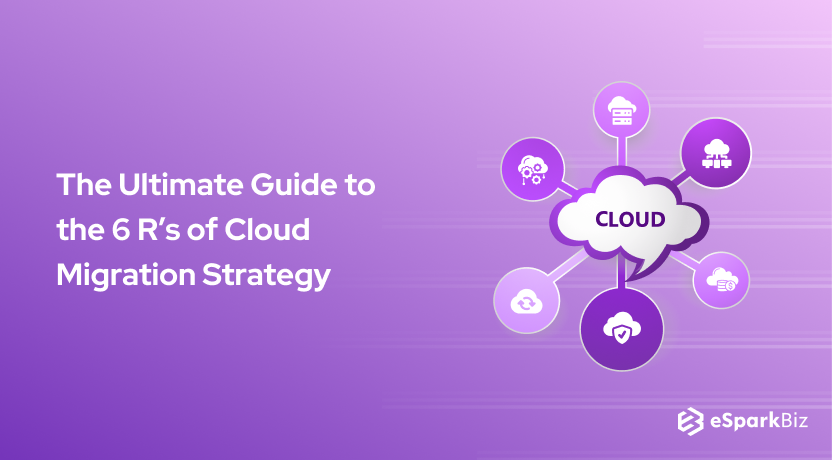-
Services
Hire Dedicated Developer
 Partner with a developer who dedicates their expertise to you.Browse the detailed brochure for our step-by-step, accurate hiring process.
Partner with a developer who dedicates their expertise to you.Browse the detailed brochure for our step-by-step, accurate hiring process. -
Hire Developer
Hire Our DevelopersHire Dedicated Developer
 Partner with a developer who dedicates their expertise to you.Browse the detailed brochure for our step-by-step, accurate hiring process.
Partner with a developer who dedicates their expertise to you.Browse the detailed brochure for our step-by-step, accurate hiring process. - Industries
- Our Work
-
About Us
